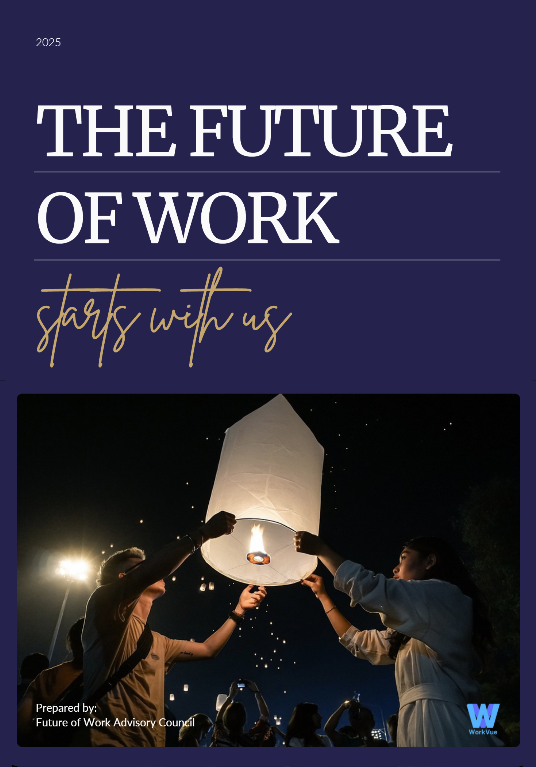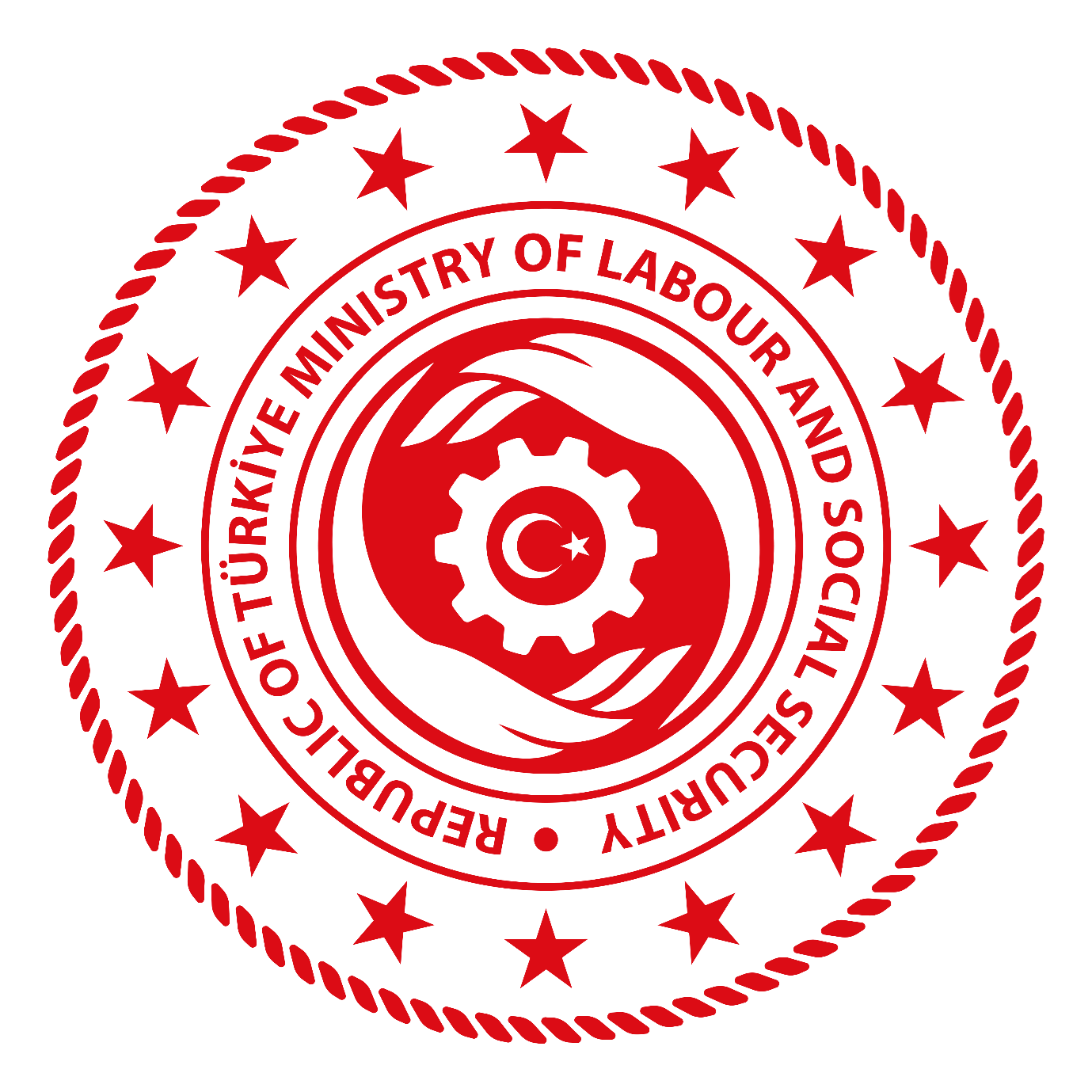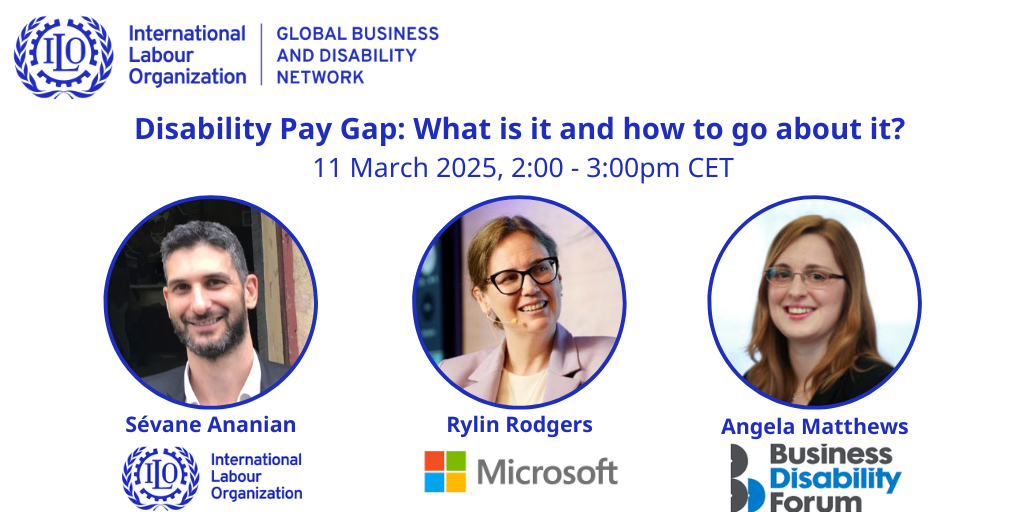Collective Power: Empowering Employees to Shape the Future of Work
Collective Power: Empowering Employees to Shape the Future of Work
By Sabina Mehmood and Zara Nanu MBE
For decades, conversations about the future of work have been dominated by executives, policymakers, and economists. But as industries undergo seismic shifts due to artificial intelligence (AI), automation, and economic upheaval, it’s clear that the people most affected: the employees - must play a central role in shaping what comes next.
And yet, their voices are often missing.
This is the guiding principle behind The Future of Work Starts with Us, an initiative led by the Future of Work Advisory Council (FWC), a global group of 15 young leaders from across industries under the umbrella of WorkVue. The report calls for a fundamental shift in how we approach work, focusing on three essential pillars:
Skills Development – Ensuring workers have access to the right training, resources, and clarity to navigate career changes.
Pay Equity – Breaking the silence around wage disparities and providing employees with real tools to advocate for fair pay.
Labor Market Intelligence (LMI) – Equipping workers with real-time data so they can anticipate trends, rather than react to them.
"In an era of rapid technological advancement, open and continuous dialogue between employees and employers is more crucial than ever," says Jaskirat Singh, a FWC member and transformation expert. "Only by fostering regular, empathetic conversations can organizations better understand the unique needs of their diverse workforce and provide the support necessary to drive meaningful transformation."
The goal is clear: employees must be seen as architects of the future of work.
The Skills Crisis: Employees Are Left in the Dark
By 2030, nearly 40% of today’s workforce skills will be obsolete. Employers are scrambling to build future-ready teams, but many employees are left out of these conversations, unsure of which skills they need or where to acquire them.
Corporate upskilling programs tend to be employer-driven, focused on company goals rather than individual career growth. The result? Workers are forced to learn what benefits their current organization—not necessarily what will future-proof their careers.
“If we want to create innovation and high performance, it is necessary to embrace equity when thinking about skill development in the workplace," says Erum Chaudhry, Chief Diversity Officer - Americas at Lufthansa. "Treating everyone the same doesn’t cut it anymore—you need to meet employees where they are and understand that they come from different walks of life.”
Right now, 59% of employees receive no formal workplace training. Many rely on self-directed learning, often without clear roadmaps or employer support. This leaves a massive skills gap—especially in fields like digital literacy, analytical thinking, and adaptability, which are expected to be in high demand.
For the skills agenda to work, we have to bring an employee lens into the conversation and reshape skills development as a long-term investment in people, not just a short-term fix for company needs.
Pay Transparency: The Fight for Fair Wages Isn't Over
Despite years of progress, the gender pay gap remains stubbornly wide. Women still earn 11.6% less than men in developed nations, with the gap increasing for women of color. Hispanic and Black women earn more than 30% less than white men, and older women face growing wage disparities as they advance in their careers.
“I've heard from hundreds of strangers I've interviewed that, despite a normalization in recent years toward pay transparency, they are still struggling to achieve pay equity in the workplace,” says Hannah Williams, CEO & Founder of Salary Transparent Street. "Whether it's because of retaliation from their employers or being forced to sign NDAs that intimidate them into silence, the uphill battle for pay equity is less steep—but still long."
Laws around pay transparency are expanding, but policy alone isn’t enough. In many companies, discussing wages remains taboo, leaving employees without the knowledge or confidence to negotiate fair compensation.
Fair pay isn’t just about numbers—it’s about breaking down the barriers that keep employees in the dark. And right now this darkness over the numbers is vailing employee understanding of their earning potential and contribution.
Why Employees Need Access to Real Labor Market Data
Employers use real-time labor market intelligence (LMI) to guide hiring and workforce planning. But employees? They often have no access to this data, leaving them to make career decisions in the dark.
This knowledge gap is dangerous. Studies suggest that automation could displace 400–800 million jobs by 2030, while also creating 170 million new roles. The problem? Employees rarely have visibility into which jobs are at risk and which skills will be most valuable in the years ahead.
“The question of upskilling or reskilling due to advanced digital technologies such as AI is not a question of if, but rather how and how fast," says Tjaša Sobočan, Digital Skills & Inclusion Specialist at the University of Ljubljana.
Giving workers access to this data ensures they can proactively navigate their careers, rather than being caught off guard by economic shifts.
The Future of Work Must Be Employee-Led
The world of work is changing at breakneck speed. But this transformation shouldn’t just be dictated by corporations and policymakers—it must be shaped by the very people who power the economy: employees.
The Future of Work Advisory Council proposes a fundamental shift in how we view the world of work, and it is grounded in:
- Skills Development that prioritizes employee mobility over company-driven training.
- Pay Equity through open discussions, fair frameworks, and transparency tools.
- Labor Market Intelligence that equips workers with the data they need to navigate change.
“The future of work starts with us—employees and workers," says Swetha Viswanathan, a pay equity expert. "Change is rapid, and the key is ownership. Own your skills, your pay, and your work-life—don’t just let it happen to you. Build it.”
The time for action is now. Work is no longer just about survival it should be a force for empowerment, inclusion, and meaningful progress for all. Full report here.


